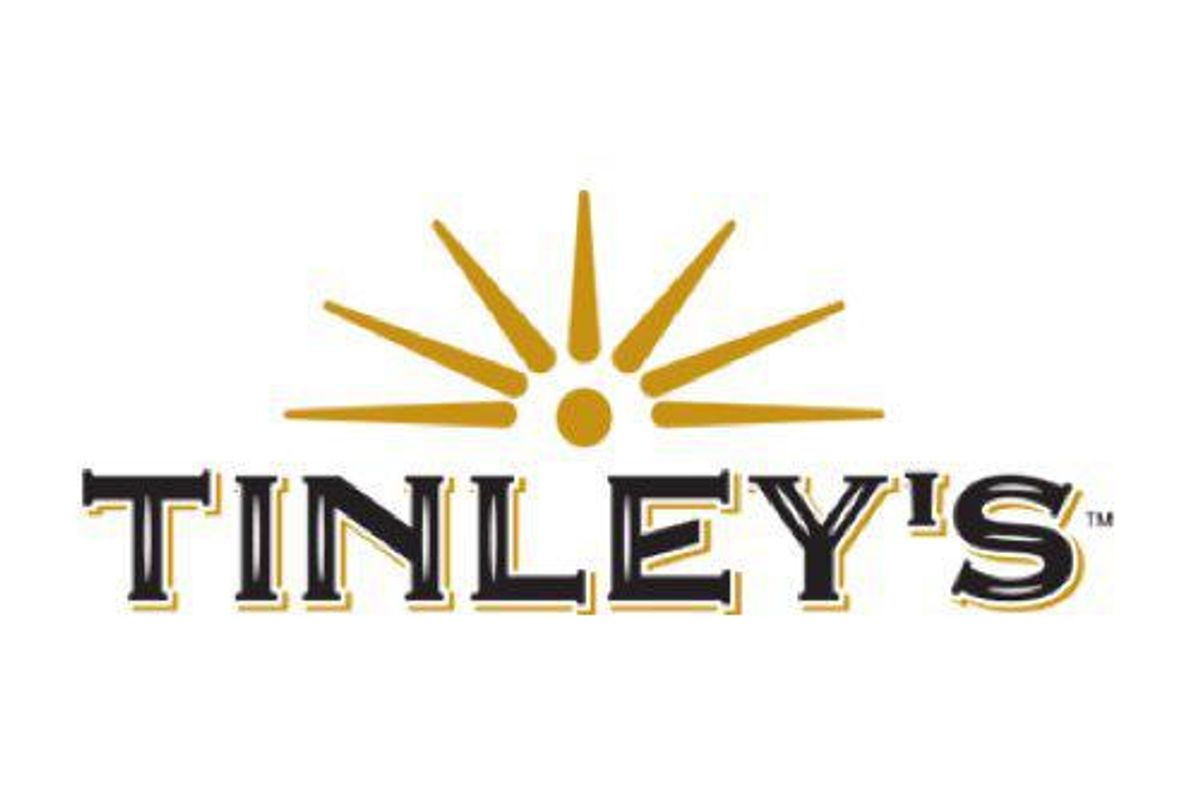The Tinley Beverage Company Inc. (CSE:TNY, OTC:TNYBF) ("Tinley's" or the "Company") is pleased to announce the closing of a non-brokered private placement ("Offering") of 12,437,805 units ("Units") for gross proceeds of $1,865,670.75.
Of the Units sold as part of the Offering, Richard Gillis, recently appointed to the role of President and Chief Operating Officer of Tinley's USA, subscribed for 1 million Units. The investment increased Mr. Gillis' aggregate position to 2 million Common Shares. Prior to joining Tinley, Mr. Gillis served as President of Young's Market Company which, under his leadership, generated US3$ billion annually in sales. Mr. Gillis previously served in leadership positions at national brand beverage and CPG companies, notably as General Manager of Coca-Cola Enterprises for the US Southwest, a US$2 billion business unit.
"I made this investment to demonstrate my confidence in Tinley's growth trajectory," said Richard Gillis. "Our canning line nearing completion provides us with our third packaging production option, and our tunnel pasteurizer plus the additional upgrades we are now engineering allow us to offer a broad menu of paths to production to satisfy Q4 customer demand. I'm more excited than ever to see the Tinley vision becoming a reality."
The Company is also pleased to announce that Advisory Board member Andrew Stodart participated in the Offering. Mr. Stodart has returned to active advisory work for Tinley's with a focus on driving the Company's expansion in Canada. Tinley's award-winning products are contracted to be manufactured in Canada by Peak Processing Solutions and BevCanna Enterprises. Mr. Stodart has a lengthy and successful track record of launching and building beverage brands. Mr. Stodart launched Crystal Head Vodka and oversaw the launch of Dan Aykroyd Wines at Diamond Estates Wines and Spirits. He also served as International Brand Director for Black Velvet Whisky, owned at that time by Diageo. Mr Stodart worked to revive Black Velvet into a top-selling Canadian whisky brand. He also served in various senior roles at Everfresh Juice, and at Coca-Cola Ltd.
"We are delighted to have key executives who lead our growth in both Canada and the USA participate in the Offering," said Ted Zittell, member, Office of the CEO, and director of the Company. "Our commitment to building value in both countries remains as strong as ever."
Each Unit was priced at C$0.15 and is comprised of one common share of Tinley's ("Common Share") and one common share purchase warrant (each, a "Warrant"). Each Warrant is exercisable into one Common Share ("Warrant Share") at a price of C$0.20 for a period of 24 months following the closing. The net proceeds from the Offering will be used for working capital, capital expenditures, marketing, establishing new business lines and exploring potential mergers and acquisitions. The Company may complete additional tranches of the Offering from time to time in accordance with applicable regulatory requirements.
In consideration for the services of certain eligible finders who introduced subscribers under the Offering to Tinley's, the Company issued an aggregate of 760,256 compensation options ("Compensation Options") to acquire 760,256 Units at a price of $0.15 per Unit (with each such Unit comprised of the same securities as the Units issued to subscribers under the Offering) and paid aggregate cash commissions of $114,625 to such finders.
Regulatory Matters
The subscription for Units by Mr. Gillis is considered a "related party transactions" within the meaning of Multilateral Instrument 61-101 – Protection of Minority Security Holders in Special Transactions ("MI 61- 101"). The Company relied on exemptions from the formal valuation and minority approval requirements in sections 5.5(b) and 5.7(b) of MI 61-101 in respect of Mr. Gillis' participation in the Offering. Further details will be provided in the Company's material change report to be filed on SEDAR. The Company did not file a material change report in respect of the related party transaction less than 21 days prior to the closing of the Offering, which the Company deems reasonable in the circumstances so as to be able to avail itself of the proceeds of the Offering in an expeditious manner.
The Units, Common Shares, Warrants, Warrant Shares and Compensation Options are subject to a statutory hold period of four months and a day from the date of closing.
About The Tinley Beverage Company and Beckett's Tonics
The Tinley Beverage Company Inc. (CSE:TNY; OTC:TNYBF) manufactures the Beckett's Classics™ and Beckett's 27™ line of non-alcoholic, terpene-infused spirits and cocktails. Beckett's products are available in mainstream food, beverage, and specialty retailers, as well as online, across the United States as well as in grocery and specialty stores in Canada. Cannabis-infused versions of these products are offered under the Tinley's™ brand in licensed dispensaries and home delivery services throughout California, with expansion to Canada underway. Tinley's facility in Long Beach California contains some of the state's most versatile and technologically advanced cannabis-licensed beverage manufacturing equipment and provides manufacturing services for third-party brands in addition to Company-owned brands. Please visit www.drinkbecketts.com, www.drinktinley.com , Twitter and Instagram (@drinktinleys and @drinkbecketts) for recipes, product information and home delivery options.
Forward-Looking Statements
This news release contains forward-looking statements and information (collectively, "forward-looking statements") within the meaning of applicable Canadian securities laws. Forward-looking statements are statements and information that are not historical facts but instead include financial projections and estimates, statements regarding plans, goals, objectives, intentions and expectations with respect to the future business, operations, expansion to additional jurisdictions, and phrases containing words such as "ongoing", "estimates", "expects", or the negative thereof or any other variations thereon or comparable terminology referring to future events or results, or that events or conditions "will", "may", "could", or "should" occur or be achieved, or comparable terminology referring to future events or results. Factors that could cause actual results to differ materially from any forward-looking statement include, but are not limited to, delays in obtaining or failures to obtain required governmental, environmental, or other project approvals, political risks, uncertainties relating to the availability and costs of financing needed in the future, changes in equity markets, inflation, changes in exchange rates, fluctuations in commodity prices and delays in the development of projects. Forward-looking statements are subject to significant risks and uncertainties, and other factors that could cause actual results to differ materially from expected results. Readers should not place undue reliance on forward-looking statements. These forward-looking statements are made as of the date hereof and the Company assumes no responsibility to update them or revise them to reflect new events or circumstances other than as required by law. Products, formulations, and timelines outlined herein are subject to change at any time.
For further information, please contact:
The Tinley Beverage Company Inc.
Ted Zittell
(310) 507-9146
info@drinktinley.com
Twitter: @drinktinleys and @drinkbecketts
Instagram: @drinktinleys and @drinkbecketts
www.drinktinley.com
CSE:TNY; OTC:TNYBF


